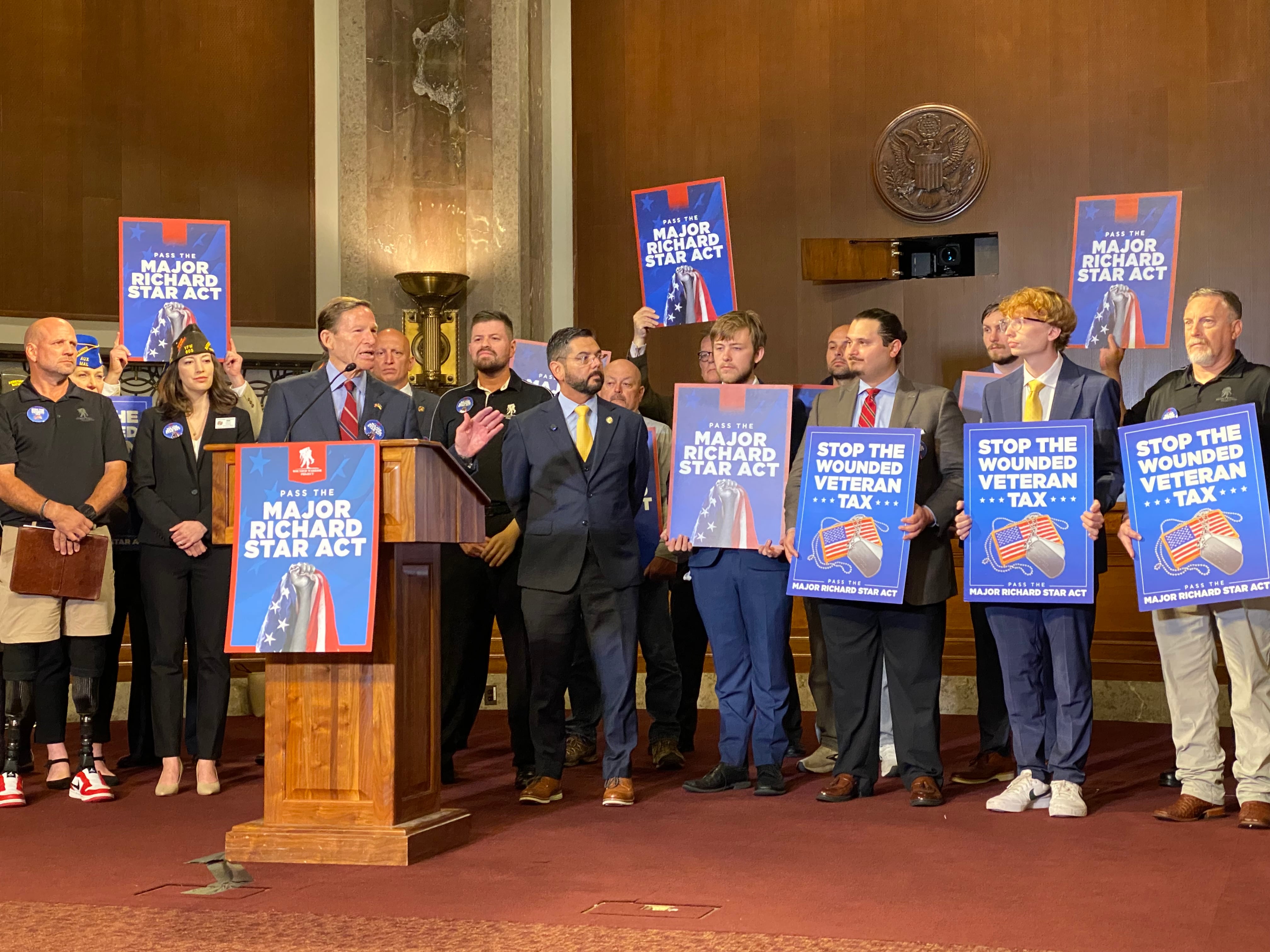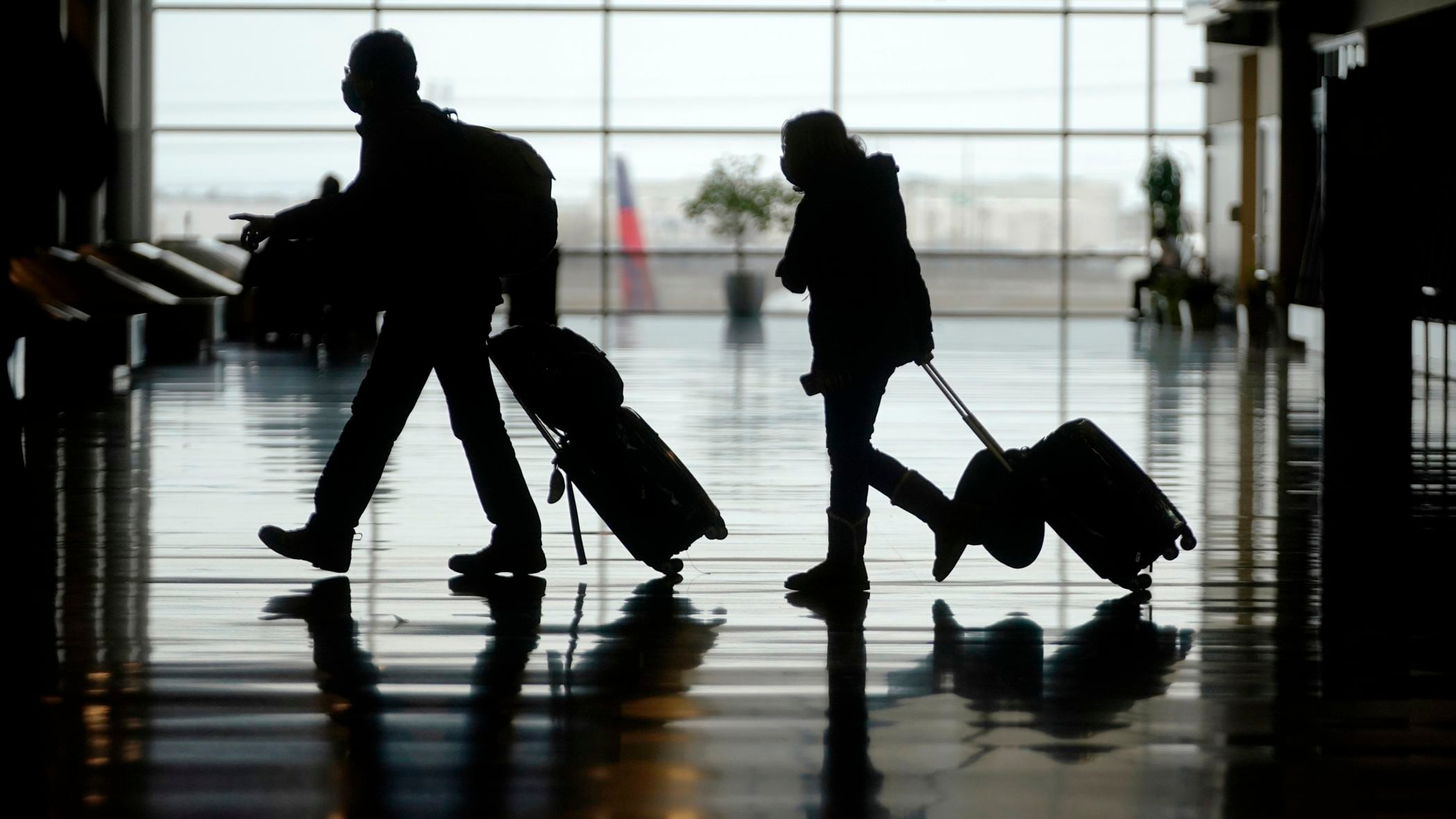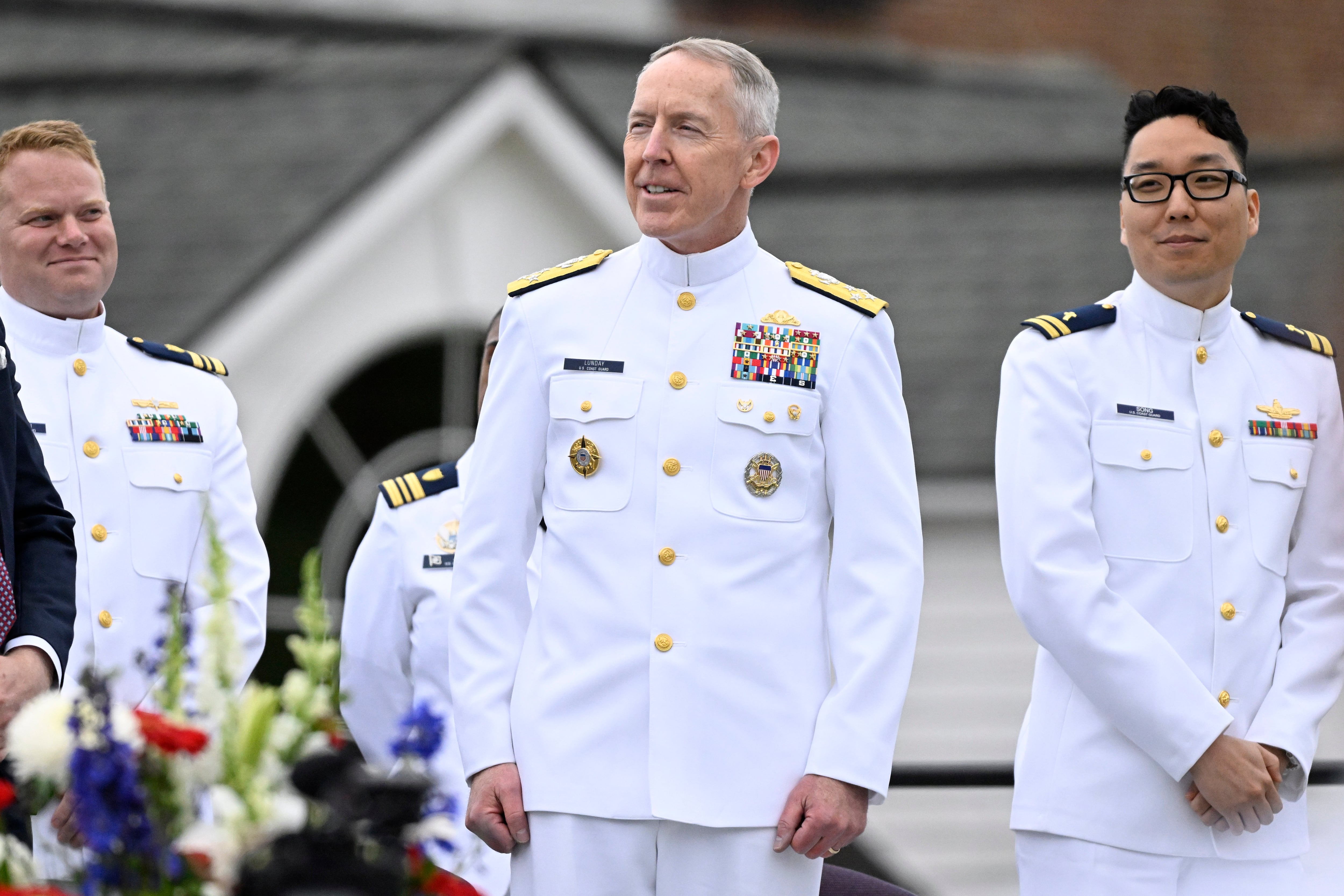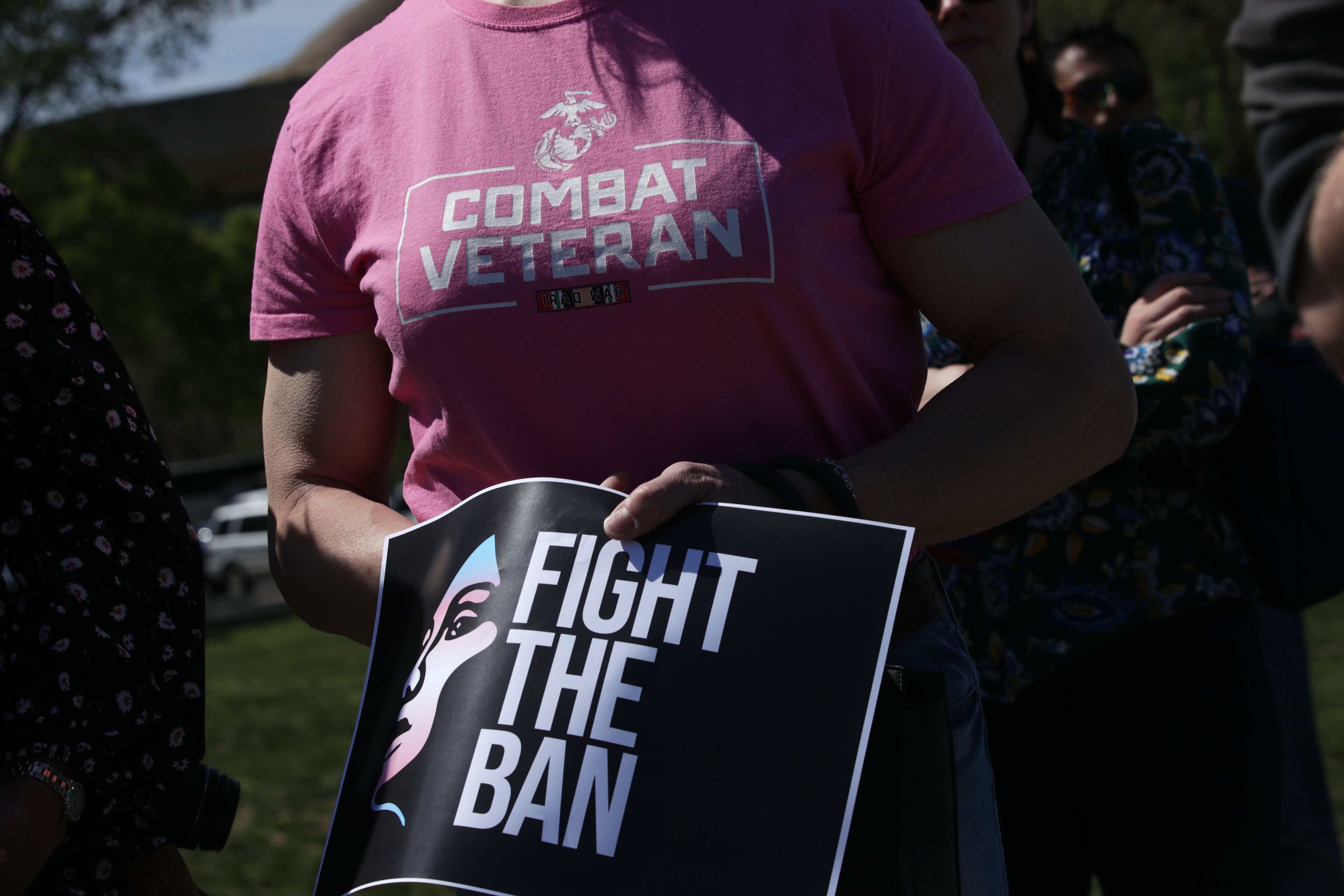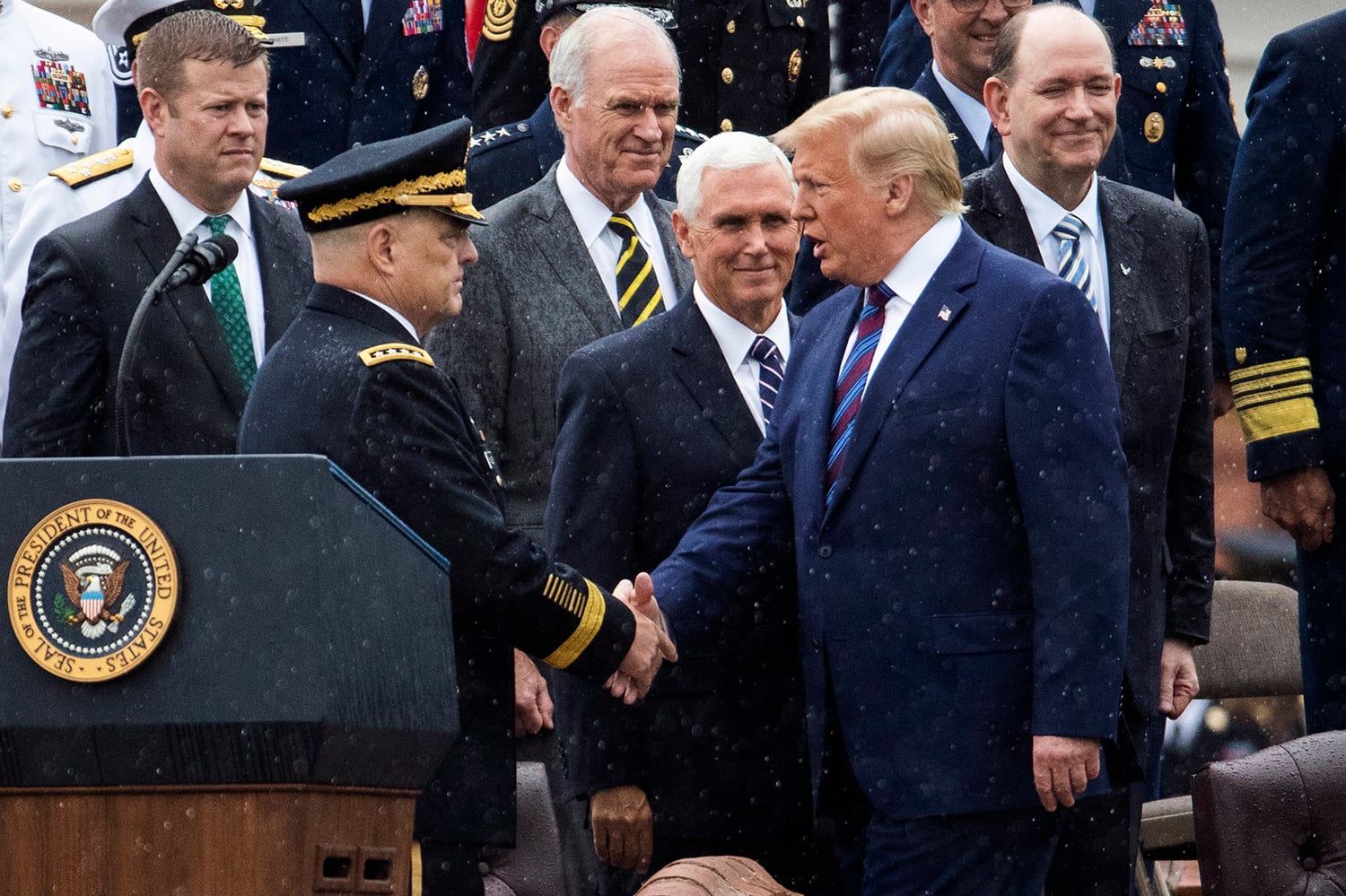Veterans Affairs officials promised a full investigation into the operations of their suicide prevention hotline a day after whistleblowers told Congress that some unstable callers may be getting ignored or lost in the system.
In a letter to Senate Veterans’ Affairs Committee ranking member Jerry Moran, R-Kansas, VA Secretary Denis McDonough said the goal of the Veterans Crisis Line must be to “make sure that veterans get the support they need, whenever and wherever they need it” and that he takes the recent whistleblower allegations “very seriously.”
McDonough also committed to working with an upcoming Government Accountability Office investigation into the allegations.
On Wednesday, Moran voiced concerns about “gross mismanagement creating a danger to the health and safety of veterans nationwide” in the crisis line’s operations and called for a full examination of the service.
RELATED
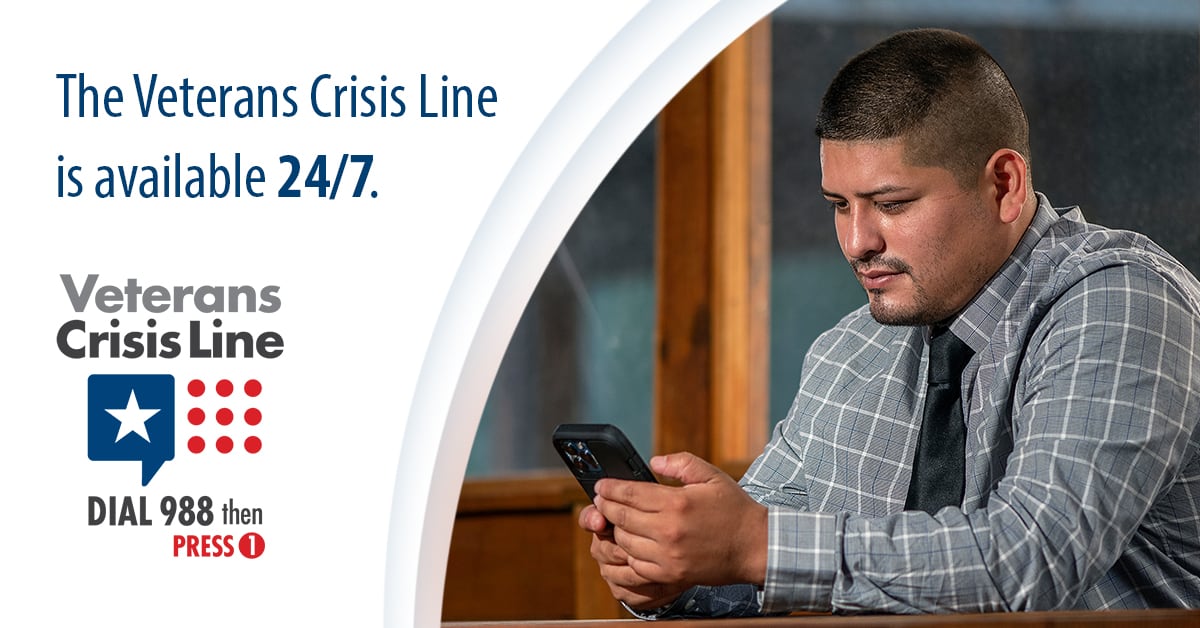
The Veterans Crisis Line has seen a rapid expansion in recent years, growing from about 900 full-time employees in early 2021 to more than 1,800 today. It has also seen a dramatic rise in demand since last summer, when federal officials launched a new three-digit dialing system — 988 — for individuals seeking emergency mental health care.
A group of current and former employees told Senate staff that the extra workload has prompted leadership at the Veterans Crisis Line to establish a special unit designed to handle “callers with complex needs.” Individuals who present erratic or hostile behavior towards VA staff can be sent to those specialists instead of going to the next available worker.
But the whistleblowers said the special unit is understaffed, and many of those rerouted calls are simply dropped or lost.
In his letter to Moran, McDonough said the special queue for complex callers was established in 2018 as a way to both provide specialized care to those individuals while ensuring that other callers and staff are not overwhelmed by their extra needs.
He wrote that operators are following industry best practices to help de-escalate tense situations through “selectively delayed responses,” and callers always have the option to receive immediate care if the situation demands it. He also said crisis line operations mandate “no break in record retention” with those callers, allowing operators to follow up if they are disconnected for any reason.
But Senate staff said the whistleblowers challenged that contention, saying that often veterans shifted to the complex cases queue leave before operators can collect any information, leaving the fate of callers uncertain. They also complained that rules for which callers should be routed to the specialists are vague, leading to some individuals being sent there unnecessarily.
VA officials said the special unit currently has 127 employees who have received an additional 32 hours of training to deal with the more complex cases. McDonough said leadership will increase that total in coming years if workload dictates that.
Moran said he was pleased with the secretary’s response but still concerned with the whistleblower accusations.
“This seems to be a significant problem,” he said. “If you’re on a crisis line, life and death is involved in those calls.”
The Veterans Crisis Line operates 24 hours a day, seven days a week and bills itself as a consistent, reliable support service for veterans, troops and family members. Operators have responded to more than 6 million contacts since it launched in 2007 and issued more than 1 million referrals to local suicide prevention offices.
Veterans in need of emergency counseling can reach the Veterans Crisis Line by dialing 988 and selecting option 1 after connecting to reach a VA staffer. In addition, veterans, troops or their family members can also text 838255 for help, or visit VeteransCrisisLine.net for assistance.
Leo covers Congress, Veterans Affairs and the White House for Military Times. He has covered Washington, D.C. since 2004, focusing on military personnel and veterans policies. His work has earned numerous honors, including a 2009 Polk award, a 2010 National Headliner Award, the IAVA Leadership in Journalism award and the VFW News Media award.

